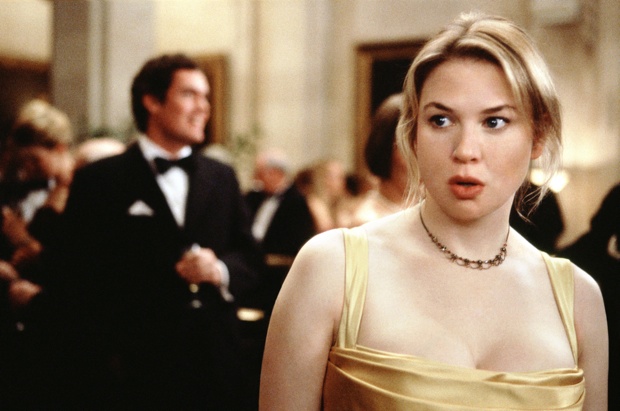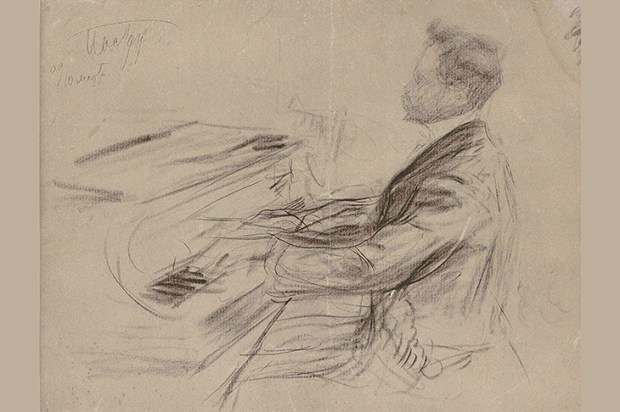To understand quite how disgruntled the reviews of the latest Bridget Jones diaries have been, you have to recall quite what she meant to her readers first time round. It wasn’t just the way she seemed to sum up the female condition for unmarried women in their thirties — indeed, she put a name on it, the singleton — who were torn between theoretical commitment to feminism and a creeping dread of never settling down and dying alone and getting eaten by Alsatians.
It was her eye for the insecurities in which women specialise — the calorie and weight counting, the weakness for self-help books — and the girl-bonding in bars. So when the reviewers pronounced that Mad About the Boy was — is,— a right little turkey, it was with the air of women renouncing an old friend, a bit of their former selves. Indeed, one Guardian writer went to the trouble of reminding us that, you know, people, Bridget doesn’t actually exist.
A turkey it is, though, with enough of the sharp eye of the old Helen Fielding to remind us of why we liked her the first time round. On the bright side, Bridget has beaten the body clock (‘Tick-tock!’) and produced, like her creator, two sweet children in her mid-forties. On the downside, Mark Darcy is dead, and her friends have decided, not to put too fine a point on it, that after four years of blameless widowhood she must get laid.
Which she does, landing an inordinately desirable toyboy called Roxster on Twitter. But you know, getting older in your fifties isn’t quite as funny as getting older in your thirties; widowhood isn’t as funny as being single first time round, and the angst of ageing isn’t really funny at all. Bridget still obsesses about her weight, but in US-style pounds, not stones as before — why? Added to which, there was a kind of innocence about the old Bridget; she didn’t go on about thrusts and orgasms. Friend Jude used to date ratbags, but never men who wanted her to — how can I put this? — wee on her.
It’s weird though, the loss of touch. Back in 2005-6, Helen Fielding wrote a mini-series for the Independent, her old paper, about how Bridget finally became pregnant, and established that the father was, indeed, not nice Mark Darcy, but bad Daniel Cleaver. And it was really, really funny.
Fast forward to Mad About the Boy and she’s unrecognisable. One reason is that she doesn’t have to work. Mark Darcy wasn’t just a top human rights lawyer but a loaded one — smug and rich then — and when he dies she’s nicely provided for. Her children are at prep school with playmates called things like Eros and Spartacus.
Utterly, utterly alienating. Helen Fielding is a bit like those women columnists who rise to fame because they’re so in touch with ordinary life and then get paid so much they’re no longer in touch with it any more. Makes you realise that in a charming pre-lapsarian way, one was never conscious about the old Bridget’s income, though one gathered it would be bad news if she lost her job. This Bridget can text her boyfriend during meetings about her screenplay project, which she ruddy well wouldn’t have if her livelihood had hung on it. And the joke that she’s doing an update of Hedda Gabler, only she gets both the spelling wrong and the author, isn’t endearing, just wince-making.
At this point, we part company with Bridget Jones. I’m hoping, though, for a final instalment in which BJ does old age, and death. By then, she may have got her voice back.
Got something to add? Join the discussion and comment below.
Get 10 issues for just $10
Subscribe to The Spectator Australia today for the next 10 magazine issues, plus full online access, for just $10.
You might disagree with half of it, but you’ll enjoy reading all of it. Try your first month for free, then just $2 a week for the remainder of your first year.














Comments
Don't miss out
Join the conversation with other Spectator Australia readers. Subscribe to leave a comment.
SUBSCRIBEAlready a subscriber? Log in